
The Mountaineering Council of Scotland (MCofS) has today issued advice urging hill walkers and climbers to take particular care with preparation when heading out to the hills during the winter months.
Their Top Ten Tips are an aide-memoire to help ensure hillgoers go prepared for anything the winter hills can throw at them - shorter days, hostile weather or even an unplanned night out.
MCofS Chief Officer, David Gibson, said:
'There is a poignant quote that goes: Good judgement comes from experience. Experience comes from bad judgement. Having considered a selection of typical winter pitfalls, the MCofS has developed a Winter Check List which we hope will help hill walkers and climbers to enhance their ability to make good judgements and return home safe from enjoyable days in the mountains.'
The MCofS ten point winter check list is:
1. Check your head torch and GPS batteries are in good condition, renew them if they're fading and always carry a spare set of batteries in your rucksack (actually, a spare headtorch isn't a bad idea, Ed.). Always check that everyone you go on the hill with has a head torch.
2. Carry a mobile phone whenever possible, but be aware that you won't always get reception in remote places. Sometimes a text will work where the signal is too poor for talking. Register with the SMS Emergency Text Service.
3. Carry an emergency survival bag or bivvy shelter with you in winter.
4. Check that your crampons fit your boots before using them, and get into the habit of putting them on before you reach icy ground.
5. Carry your ice axe and know how to use it. Why not attend a MCofS Winter Skills Course?
6. Carry a big enough rucksack in winter; using the same rucksack that you carry in summer is a recipe for an uncomfortable day when you are carrying extra winter kit.
7. Carry sufficient extra layers of clothing in winter. The temperature drops quickly as darkness falls and you should plan for unexpected delays and the possibility that you could be out on the hill for an extended period in the event of an incident.
8. Always check the mountain weather forecast before going out and be prepared to change your plans.
9. Always check the sportscotland Avalanche Information Service avalanche forecast and modify your route when the forecast indicates avalanche conditions on your planned route.
10. Know when to turn back: the summit is only the half-way point of your journey.
MCofS Mountain Safety Adviser, Heather Morning, said:
'Now that the clocks have turned back it is time for anyone who goes out onto the Scottish hills in winter to give serious thought to preparing themselves and their kit for the season ahead. If there are one or two points in this list of ten that you hadn't previously thought about then do something about it before your next trip to the hills.'
Today we've also been informed about a new handbook promoting understanding and safe practice whilst in the vicinity of a rescue helicopter. It covers some pretty in-depth stuff including ground procedures, safety precautions (watch those rotors), and what to do if getting winched aboard. This may be of particular concern to members of Mountain Rescue Teams, though anyone who spends time in the hills should find it of interest. You never know when you might get involved in a rescue, or even need an airlift yourself. The handbook has been written by Duncan Tripp, Master Aircrew Winchman Paramedic based at RAF Lossiemouth 137 Squadron. It's available online here
Have a safe winter!

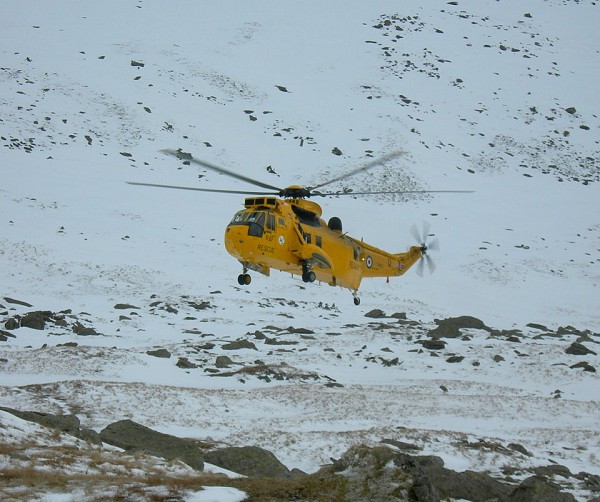

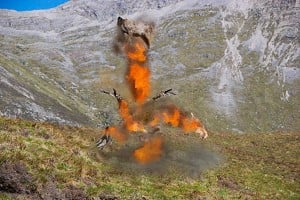
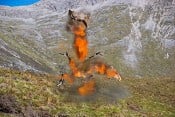


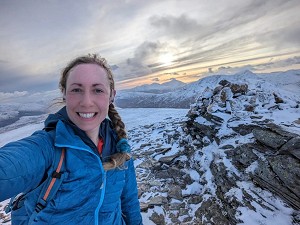

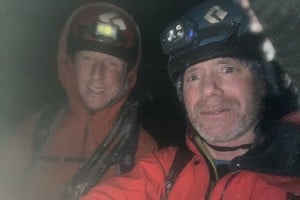
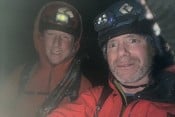

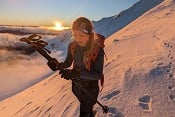
Comments